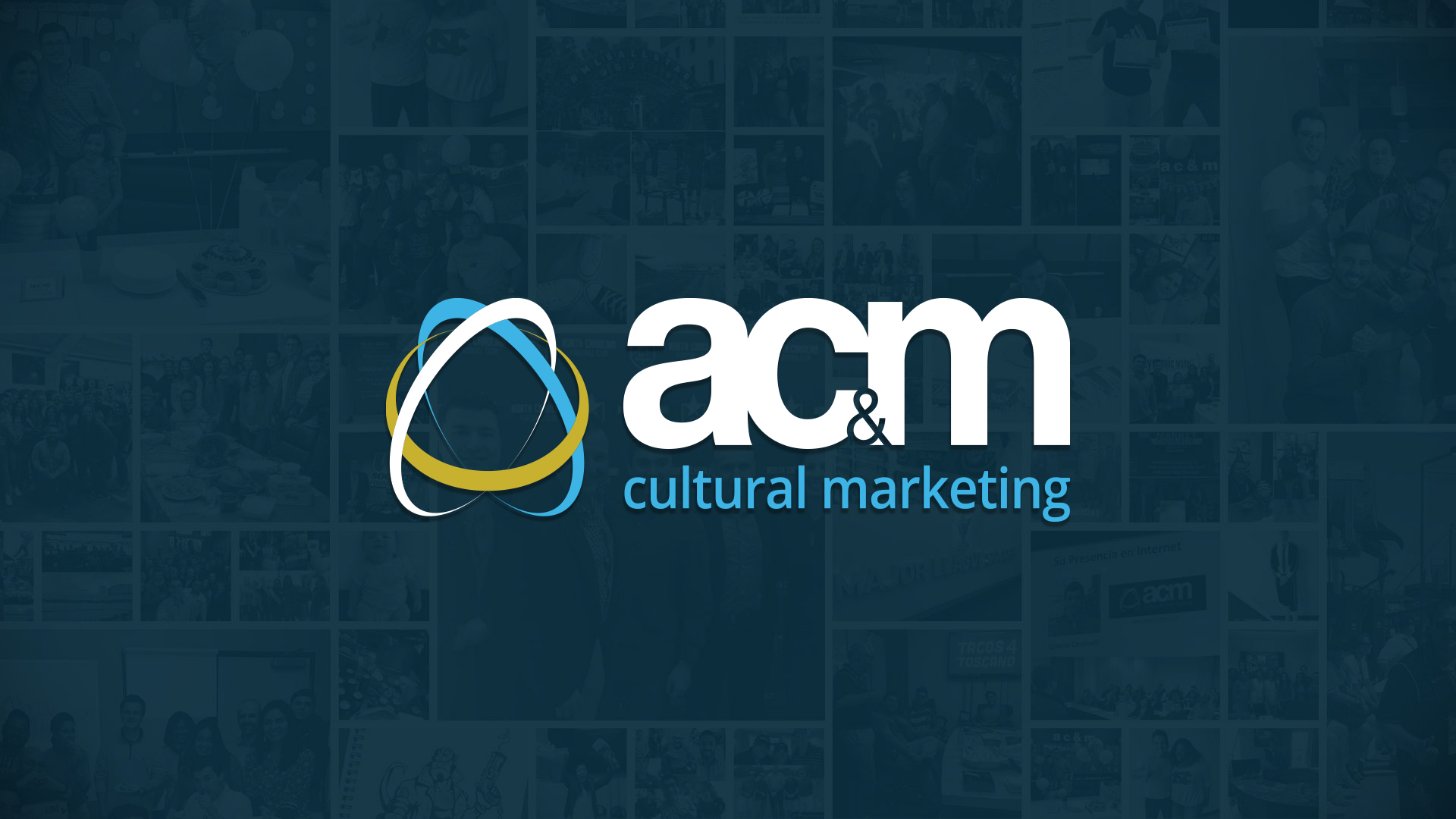
14 Apr Will Facebook Revolutionize How We Consume News?
EXTRA! EXTRA! READ ALL ABOUT IT!
Facebook News Feeds are abounding with people linking to articles from the Washington Post or Buzzfeed, and given all this click-bait it’s likely you’ll click on a few article links to peruse through the content.
The absorption of news via Facebook has become so ubiquitous that a lot of us no longer think about searching out news in other ways since it’s all available via social media’s one-stop shop of social news consumption.
Facebook is now looking to make consumption of news even more seamless by hosting news content directly.
Initial news partners that have expressed interest in the venture are the New York Times, Buzzfeed, and National Geographic, among others.
But, what repercussions does this native news hosting post for both news outlets and news consumers? How does the hosting of content differ from simply hosting links?
Here’s how we’ve weighed in on the pros and cons to this unprecedented development:
It’s Not Really Anything New

Many news outlets, the New York Times in particular, already have multi-faceted social strategies and a highly active presence on Facebook, Instagram, and the like. Media companies have been looking for ways to improve user experience, and Facebook may just be the answer. With news consumers already shifting to social media, Facebook plans to optimize news consumption experience with faster mobile load times, eliminate the need for external links, and create more visually appealing layout to boost ease of access to news.
The social media giant also plans to sweeten the deal by offering media companies a share of their millions in ad revenue in exchange for allowing them to directly host their content.
Facebook Gone Too Far?
 Image Source: redflagnews.com
Image Source: redflagnews.com
The greatest concern over Facebook’s latest content hosting venture is that the social network will use its power as a censorship tool by promoting content it favors and destroying content it doesn’t. Media companies would be giving away a lot of power when they hand over the reins to Facebook. As with any company, Facebook has its own interests to promote, which could result in publishers losing control over their message, their brand, and their advertising dollars.
Another issue is that native Facebook hosting could mean the loss of valuable consumer data for publications. For example, when someone clicks on an article the host site can track and collect valuable information on who they are, how often they visit, and gain insights into his or her web activity. The fear is that this data will now go to Facebook, thus publishers will lose these valuable consumer insights.
Some news outlets have suggested publications band together to negotiate deals that ensure Facebook shares its data and that publishers retain a certain amount of control over distribution, brand identity, and the allotment of their advertising dollars.
A New Generation of News
 Image Source: wired.co.uk
Image Source: wired.co.uk
Historically, major news outlets like the New York Times, the Wall Street Journal, and the like have run off of a subscription model. Even with the advent of the internet, these newspapers have shifted their subscription model to function in cyperspace. However, if native news hosting begins on Facebook, this would essentially eliminate the centuries old subscription model. As people continue to clamor for more free access to content via the Internet, newspapers must learn to adapt in one way or another if they hope to maintain readership.
While Facebook seems to provide the perfect solution, newspapers and other news outlets should tread carefully. As with so many things these days, news consumption and distribution is on the brink of an unprecedented evolution as Internet and social media trends continue to shift.
According to the New York Times, Facebook plans to begin testing this new venture in the next couple months, although it is unclear how many publications are set to jump on the bandwagon and if others will follow suit. Right now, it seems Facebook would incur the majority of the benefits from this proposal, as it only serves to further enhance their users’ experiences.
For this idea to truly catch fire and further change the way we consume news, Facebook must create a true, mutually-beneficial partnership where news and social media can coexist in harmony.
Cover Image via MarketingLand


